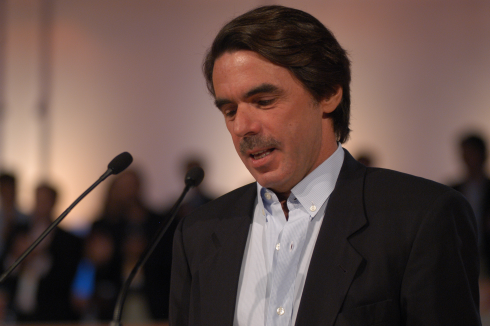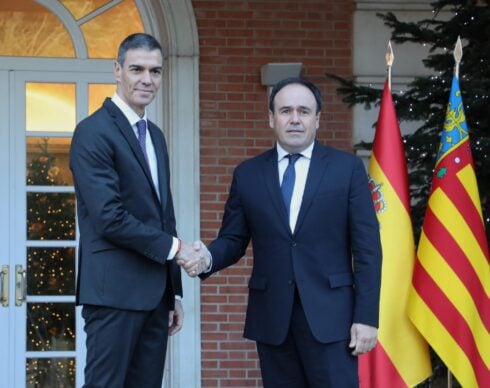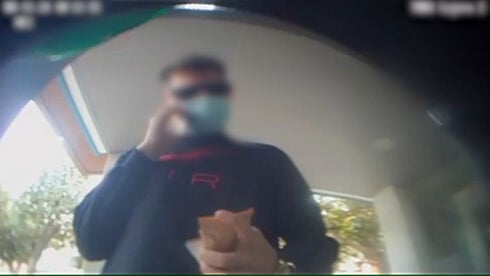SPAIN has been marking the 20th anniversary this Monday of the Madrid train bombings that killed 192 people and injured 2,000 others.
The Al Qaeda attack- the country’s biggest terrorist incident- is regarded as having influenced the general election held three days later which saw the PSOE socialists swept into power.
On March 11 2004, the capital was plunged into chaos as ten bombs planted by the Al Qaeda terror group devastated four commuter trains during the early-morning rush hour.
Although Spain had experienced decades of violence at the hands of the Basque separatist group ETA, it had never been hit by an attack of such magnitude, with members of the public helping emergency services to take people to hospital.

The attacks also had a major political impact.
Prior to March 11th, the ruling Partido Popular led by Jose Maria Aznar were the favourites to retain power and to defeat the PSOE Socialists led by Jose Luis Zapatero.
A year earlier, Aznar’s government decided to join the US-led invasion of Iraq, despite widespread public opposition.
Subsequently, the Al Qaeda leader, Osama bin Laden, threatened reprisals against any countries that took part in the operation.
The Spanish government initially publicly blamed ETA for what happened on March 11th, but that stance changed as police traced the perpetrators, largely through three bombs which failed to explode that were found in rucksacks and sports bags.
Doubts over the government’s explanation quickly spread across Spain, and during huge demonstrations the following day, protesters expressed hostility towards the authorities who were accused of lying.
On March 14, Aznar’s government was swept out of office in the election, with the administration’s handling of what happened playing a pivotal part in their defeat- according to political experts.

The Partido Popular stayed in opposition until 2011 when Mariano Rajoy won that year’s election- ousting Zapatero.
In early April 2004, seven suspected members of the terrorist cell involved in the atrocity blew themselves up as police surrounded an apartment where they had been hiding on the outskirts of Madrid- with a police officer also killed.
After a three-year investigation, 29 suspects- the vast majority Moroccan- went on trial in 2007 with 18 convicted.
Only three are still behind bars – two Moroccans who were each handed nearly 43,000 years, and a Spaniard, who supplied the explosives and was jailed for nearly 35,000 years.
They will remain in prison until 2044 at least while the other have been released after serving their sentences- the vast majority of them deported or extradited, mainly to Morocco.
Click here to read more News from The Olive Press.








